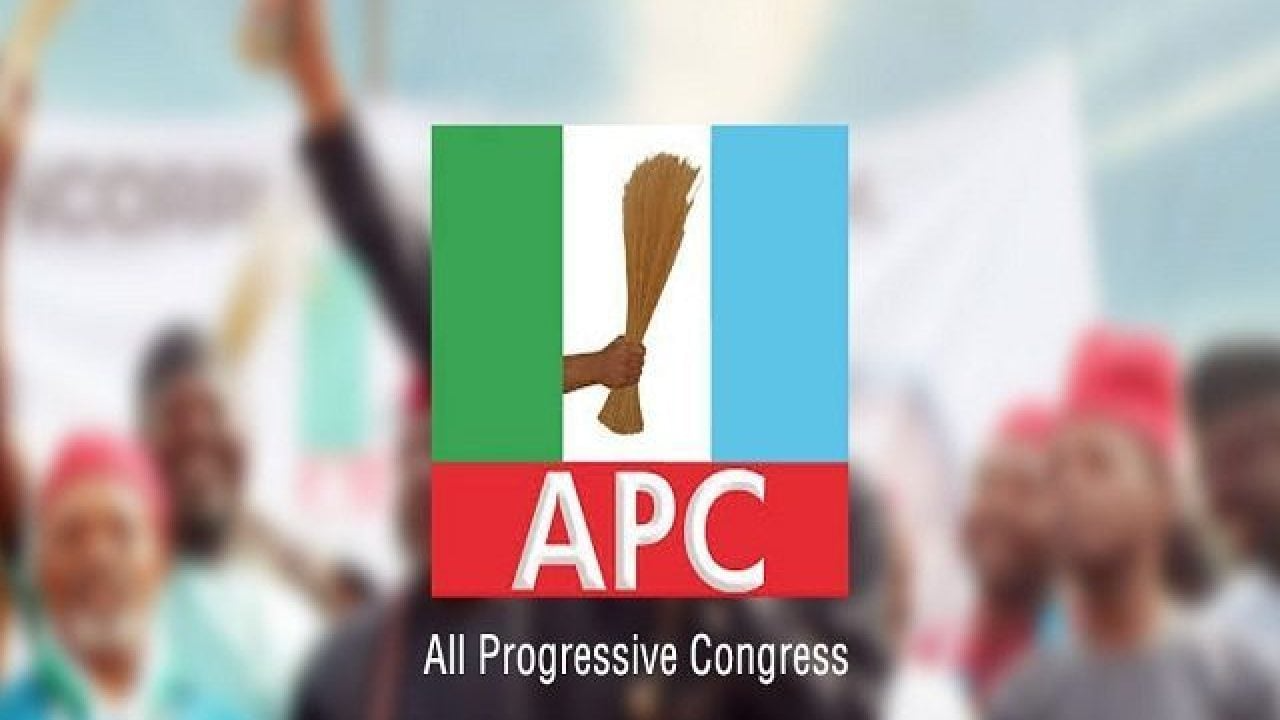King Charles III spoke to Commonwealth leaders in Samoa on Friday, acknowledging that the painful legacy of Britain’s colonial past, including the trans-Atlantic slave trade, still resonates deeply.
Although he avoided directly addressing financial reparations, Charles stressed the importance of learning from history to address inequality in today’s world.
“None of us can change the past, but we can commit with all our hearts to learning its lessons,” Charles said, urging leaders to “find creative ways to right the inequalities that endure.” He added that he hoped for a Commonwealth that promotes “genuine opportunity for all.”
His remarks follow calls from Caribbean and African leaders for Britain to address its role in the slave trade. On Thursday, Bahamas Prime Minister Philip Davis called for a “frank discussion” on reparations and urged that the issue be included in the summit’s final statement. Commonwealth Secretary-General Patricia Scotland noted that leaders could discuss “absolutely anything” during their private meeting on Saturday.
King Charles’s comments echoed earlier statements by British Prime Minister Keir Starmer, who discouraged “very, very long endless discussions about reparations,” saying he wanted the summit to focus on the future.
Lawyer Jacqueline McKenzie, a partner at the London law firm Leigh Day, emphasized that while reparations would be costly and challenging, discussions should begin. “Nobody expects people to pay every single penny for what happened. But I think there needs to be negotiations,” she said.
Amid these debates, the summit has also spotlighted urgent climate issues. With the gathering held in Samoa, the first Pacific Island nation to host the Commonwealth meeting, regional leaders highlighted the immediate threat of climate change. Samoa’s Prime Minister Fiamē Naomi Mata’afa called it “the greatest threat to the survival and security of our Pacific people,” pointing to rising sea levels and extreme weather events impacting small island nations.
Reflecting on the Commonwealth’s climate challenges, King Charles urged leaders to act with “unequivocal determination” to cut emissions, protect nature, and build resilience against climate risks, stating that “lives, livelihoods, and human rights are at risk across the Commonwealth.”
The 2024 summit brings together 56 member nations representing 2.7 billion people, many of whom face the dual challenges of historic inequalities and climate vulnerability.










